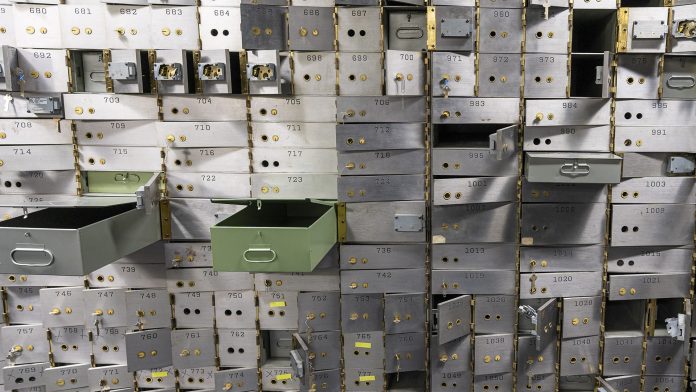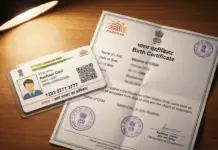If you use a bank locker to keep your valuables, then you will have to sign the locker agreement with the banks before January 1, 2023, because the locker rules are going to change from January 1, 2023.
Banks like Punjab National Bank (PNB) are also sending alert SMS to alert the customers about the locker agreement. In the message being sent by PNB to the customers, it is written that ‘as per RBI guidelines, the new locker agreement is to be executed before December 31, 2022′. Please confirm if not already done – Team PNB’.
If you also use a bank locker or are planning to rent a locker, then you must know about the locker rules of the Reserve Bank of India (RBI). RBI had announced new guidelines through notifications on 8 August 2021 and new rules have come into force from 1 January 2022. Locker holders will have to show eligibility for a new locker agreement and enter into an agreement for renewal before January 1, 2023.
Revised instructions of RBI
According to the Reserve Bank of India’s revised instructions notification, ‘Banks shall ensure that no unfair terms or conditions are included in their locker agreements. Further, to protect the interest of the Bank, the terms of the contract shall not be more onerous than would be necessary in the ordinary course of business. Banks will renew their locker agreements with existing locker customers by January 1, 2023.
What is locker agreement As per the Locker Agreement Policy of PNB, at the time of allotting a locker to any customer, the bank enters into an agreement with the customer to whom the locker facility is provided, on a duly stamped paper. A copy of the locker agreement signed by both the parties is given to the locker-hirer to know his/her rights and responsibilities. While the original copy of the agreement made is with the branch of the bank where the locker facility is provided to the customer.
These rules have come into force from January 1, 2022
SMS & Email Alerts
Customer, whenever you access your locker, its alert will be given through e-mail and SMS through the bank. These messages will be sent as confirmation by the banks to the registered email address and mobile number of the customer before the end of the day. This message shall inform the customers about the date, time and possible remedies in case of unauthorized locker access.
Bank will give compensation in these situations
- As per the new norms of RBI, if there is any damage to the contents kept in the locker due to the negligence of the bank, then the bank will have to pay for it.
- The RBI notification says, it is the responsibility of the banks to take all steps for the security of the premises in which the safe deposit vault is kept.
- It is the Bank’s responsibility to ensure that incidents like fire, theft/robbery, building collapse do not occur in the Bank’s premises due to its own lapses, negligence and lapses.
- Banks cannot claim that they do not bear any liability to their customers for loss of contents of lockers.
- In cases where the loss of the contents of the locker is due to the events mentioned above or due to fraud committed by the employees of the bank, the liability of the bank will be up to 100 times of the annual rent of the locker.
Bank will not compensate in these situations
The Bank will not be responsible for any damage caused to the contents of the Locker due to natural calamities like earthquake, flood, lightning, storm etc., due to customer’s fault or negligence. On the other hand, banks should take proper precautions with their locker systems to secure their facilities from such disasters.
Banks will continue to accept fixed deposits to recover locker rent. To ensure prompt payment of locker rent, banks are permitted to obtain a fixed deposit at the time of allotment, which will cover three years’ rent and locker opening charges in case of any such eventuality. However, banks will not insist on such fixed deposits from existing locker holders or accounts with satisfactory conduct.
On death of the account holder
If the sole locker holder nominates a person to receive the contents of the locker in the event of death, the bank will verify the death certificate of the account holder and the identity of the nominee after taking a list in the prescribed manner and after being satisfied, the nominee will be Will give permission to take the contents of the locker.
If the locker was hired jointly with instructions to operate it under joint signature and the locker hirer nominates any other person, the Bank shall give liberty to the survivors and the nominee to remove the contents jointly.
















